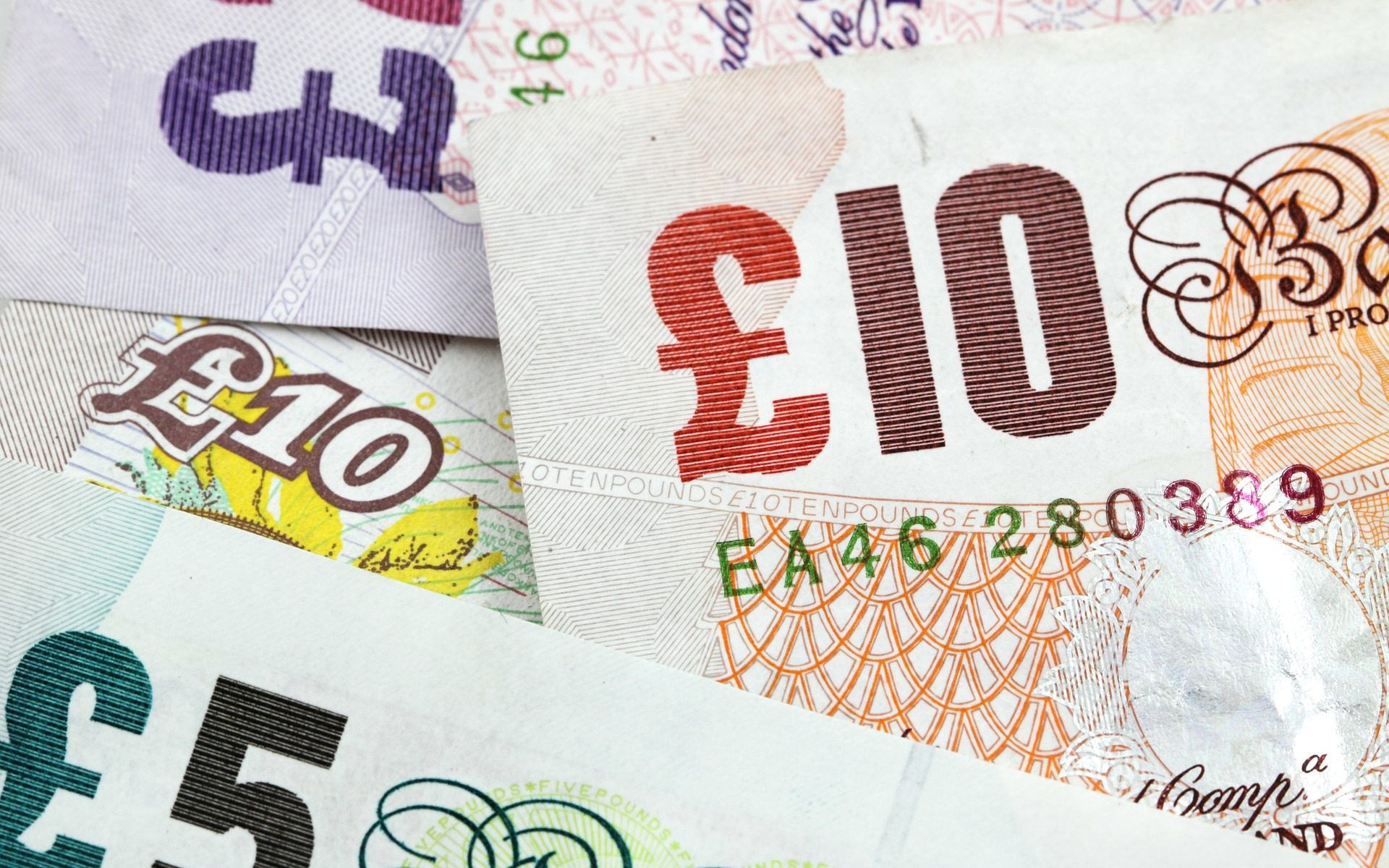Amidst a cautious national economy, banks and lenders are becoming increasingly apprehensive surrounding personal loans, often tightening their criteria in favour of those with a strong financial history. This means that loans for self employed workers are, in theory, harder to come by, with applicants often lacking evidence of a secure stream of income.
Self-employment is, however, becoming an increasingly popular professional venture, with the most recent governmental statistics (at the time of publication) recording 15% of all UK workers as self-employed. Subsequently, there is an expanding self-employment market that requires financial support – so, although it may be harder to secure a self-employed personal loan, it’s by no means impossible.
First thing’s first…what is a personal loan?
A personal loan is an amount borrowed from a lender to cover any personal expenses life may throw your way. They are typically borrowed from a bank, credit union or private lender and don’t need to be secured against any asset. Because of this, however, lenders are typically more apprehensive about offering these loans – particularly to the self-employed – so interest rates are usually higher.
Where do I start?
Amongst a saturated financial market that offers options ranging from banks to payday loan providers, it’s difficult to know where to start when applying for a personal loan – especially if you’re self-employed.
Eligibility criteria can at first appear daunting and will vary depending on your provider, however there are a set of objective terms you can expect to see across the board:
Common Criteria
- Age 21+
- UK resident of 3 or more years with a UK bank or building society account
- A minimum annual income of usually around £12,000
- Employment history of at least 2 years
- A visible credit history with a steady track record
Though this may already sound extensive, the likelihood is that you’ll already have most of the required information to hand in the form of tax returns and bank statements. Providing you meet the criteria, several mainstream lenders will be willing to supply loans for self-employed workers.
Alternatively, there are various specialist lenders who focus on more niche aspects of the lending market – giving you more options than you may have originally thought available. As such, it’s very important you start by shopping around, comparing loans to find the best possible option for you.
What documentation will I need?
Once you’ve decided on your lender, ensure you have all the relevant documentation to hand to help you speed up the process. As a rule of thumb, lenders will usually want to see the following before offering any form of personal loan:
- Bank statements – A lender will typically request to see a collection of your previous bank statements in order to gauge a better understanding of your overall financial status (proven in any ingoing and outgoing patterns), as well as to calculate your total earnings as declared in your SA302 (Self-assessment tax return)
- Tax returns – Lenders will request copies of your SA302 calculation from the past 2 years as a minimum as a means of proving income. These can easily be found online by logging into your online HMRC account
- Business information – Your lender is going to want to know about your business or trade, including the business status (ie. sole trader, partnership etc.) and whether anyone else has financial investment in the company
- Proof of residency – Proof of UK residency will be required, usually for the past 3 years at a minimum. This can usually be done by providing bank statements or mortgage documentation, although proof of tenancy agreements may sometimes be required
How much can I borrow?
Generally, personal loan amounts can vary between £1000 and £25,000, however there are many external factors that influence this decision. Lenders will assess loan applications by context, meaning everything from your lender’s assessment of affordability to your reasonings for borrowing can, and most likely will, play a role in the overall amount you’re granted.
Ensure you’ve done some thorough calculations before applying for a personal loan to avoid falling into the trap of taking on too much debt. Only apply for the amount you need, as failing to meet your repayments can have significant consequences on your credit score and subsequent future borrowing eligibility.
How much will my repayments be?
Again, this generally depends on a number of external factors. Though it’s commonly perceived that loans for self-employed workers come with higher interest rates, this isn’t necessarily the case – as competition continues to grow between lenders, you may find some providers offer the same APR rates as traditionally ‘safer’ personal loan lenders. This once more highlights how important it is for a borrower to compare loans to find the best rates for their individual situation.
How are my repayments calculated?
Just like with any type of loan, your repayments are calculated based on the amount you borrow, the APR and the length of your repayment window. To paint a clearer picture of how it all breaks down, let’s take a look at an example…
“John is a self-employed tradesmen. He applies for a personal loan of £15,000 to cover some of the expense of his upcoming wedding. He’s offered an annual fixed rate of 3.9% and a repayment window of 36 months (3 years), after providing all the relevant paperwork and meeting any eligibility criteria. This means John will have to repay £444.74 each month, with the overall cost of the loan equating to £15,902.64 – £902.64 in total interest charges over the £15,000 borrowed.”
Is this the best option for me?
Well, that very much depends. Alternative means of external funding are available to the self-employed, however working out which option is best for you would depend on your own situation.
Self-employed professionals may find lenders are more likely to provide them with a guarantor loan than a personal loan – especially if they don’t have the best of credit scores. This is because lenders have the added security of a third party (your guarantor), who is committed to paying off the loan if a payment defaults. Interest rates tend to be less competitive for these kinds of loan, however. You can find out more about whether a guarantor loan is the best option for you right here.
Alternatively, you could look at secured loans. If you’re looking to borrow to fund business equipment or materials (not stock), asset financing is a viable option – a lender will loan you an amount secured against the value of goods used for your business (buildings, vehicles, machinery etc.). Once more, these tend to be more expensive than regular personal loans.
Secured loans for the self employed don’t have to be for means of business, however. If you’re looking to borrow to fund a personal expense, standard secured loans are a viable option. Once more, lenders will be more inclined to grant the self-employed this kind of loan because of the added guarantee of securing the loan against an asset. If you think a secured loan is the best option for you, read more by visiting our dedicated page right here.
Though it’s harder to secure a personal loan while self-employed, it’s by no means impossible. Whichever avenue you eventually decide to take, ensure you’ve thoroughly researched your decision and are comfortable with your repayment ability. For further information about personal loans, check out our detailed guide right here.









